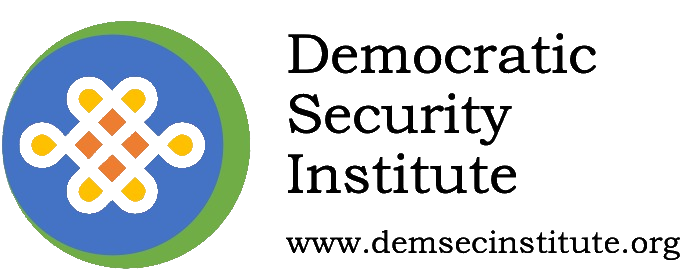Bidzina Ivanishvili’s decision to return to a formal role as Chair of the Georgian Dream (GD) is more interesting for its timing than for the action itself. Ivanishvili, despite his protestations to the contrary, has never fully removed himself from Georgian political life since stepping down as Prime Minister in November of 2013. Over the last four and a half years his role has diminished somewhat, but major Georgian Dream, and government, decisions are rarely made without his input.
In this regard, Ivanishvili’s decision to come back into politics is little more than formalizing a role he has played for the last several years anyway. There are some troubling aspects to the role he has played. In democracies, governing power should be vested in those who are either elected by the people or brought to office through the actions of those who are elected.
Much of the Georgian opposition has seized onto this to paint the founder of the GD as a nefarious behind the scenes puppeteer who, more often than not, is working hand in glove with the Kremlin. This is an overstatement-and the assertion about the Kremlin is little more than a foundationless talking point used by the various remnants of the previous government. Despite this, it remains true that Ivanishvili never stopped exercising political power in Georgia after leaving office.
If Ivanishvili is exercising any behind the scenes power, it is much better for Georgia if he does it through an official role like the one he will be assuming now. The question of why now is harder to answer. Georgia is not experiencing any meaningful political crisis now. The politics that are occurring there are not unusual or particularly intense by Georgian, or most other, standards. Similarly, the Presidential elections that will occur later this year are, thus far, most notable for the lack of attention they have drawn. Given how little power the President exercises in Georgia and the likelihood that the next President will exercise even less power, this is largely a reflection of the political sophistication of the Georgian electorate. Those who are thinking about the Presidential elections spend most of their time speculating about who the GD will nominate as their candidate, implicitly recognizing the GD candidate is extremely likely to win and reflecting the continued hegemony of Ivanisvhili’s party.
Ivanishvili’s return will inevitably lead to speculation that Prime Minister Giorgi Kvirikishvili will be removed from office. This speculation is not new, but changing the Prime Minister would not be great for Georgia. Kvirikishvili became Prime Minister initially because Ivanishvili appointed him after evincing disappointment in Irakli Gharibashvili, the man who first succeeded,Ivanishvili as PM, but when Georgian voters went to the polls in October of 2016, they voted, by a substantial margin, for the GD knowing that if that party were elected, Kvirikishvili would continue in office. Removing him would seem like an act of caprice or consolidation of power by Ivanishvili and would send a signal that Georgia’s political institutions are not as strong as they could be.
Ivanishvili’s return to office is already being met with predictable criticisms from his political opponents, but there is also potential for some good to come out of this. Having a powerful leader who has tremendous influence throughout the GD may bring some discipline and structure to the party and streamline decision making. The bigger problem for Georgia may be that Ivanishvili’s reputation, political skill and wealth playing a more central role in the party will hold the omnibus block together longer than otherwise would have been the case. Thus, preserving a system of one party rule that necessarily limits Georgia’s full democratic potential.
Dr. Lincoln Mitchell is an EDSN Fellow and a political development specialist based in New York and San Francisco. EDSN is an international project of the Center for Social Sciences, Tbilisi, and made possible with generous funding from the National Endowment for Democracy.
